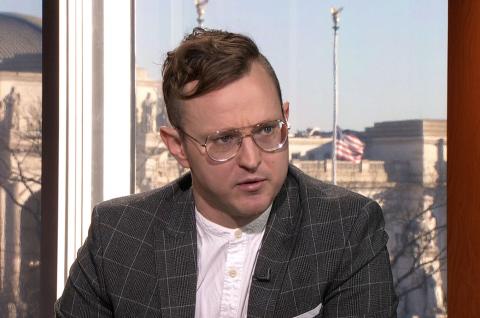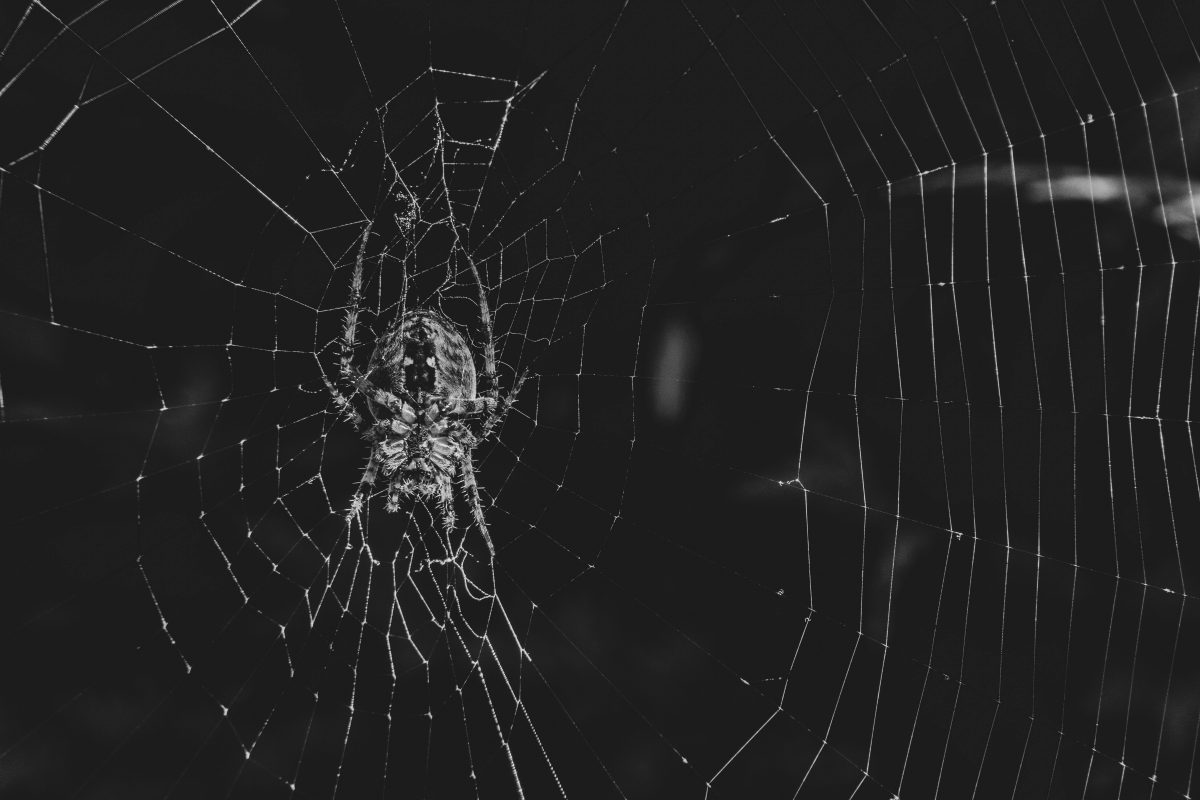recent
Giving the ‘Intellectual Dark Web’ Its Star Turn on Video
The American intelligentsia seem to have slipped into a state of febrile lunacy in recent years.

When we consider the way video has helped fuel the movement that’s sometimes described as the Intellectual Dark Web, we often think about famous thinkers such as Jordan Peterson delivering speeches or lectures on YouTube and other social media sites. It’s a phenomenon I wrote about back in September, in a Quillette piece entitled Amidst the YouTube Junkies of MythCon, wherein I described the extraordinary popularity of video pundits collecting millions of hits with thoughtful—but often simple and low-budget—monologues delivered from their basement, bedroom or kitchen table.
But Washington, D.C.-based documentarian Rob Montz, co-founder and CEO of Good Kid Productions, takes a more ambitious approach. Montz has produced tightly narrated, inventively shot documentaries about American politics and campus life that manage to be both intellectually penetrating and surprisingly funny. One of his 2017 documentaries, published on We the Internet TV, won the 2018 Reason Video Prize. And his work has been covered in The Economist, The New York Times and the Washington Post.

In late March, I interviewed Montz for the Quillette podcast—a conversation you can listen to here. And for those looking to take a deeper dive into Montz’s work, here’s a selection of some of his most entertaining work, which tells the story of how, and why, sections of the American intelligentsia seem to have slipped into a state of febrile lunacy in recent years.
In his 2016 We the Internet documentary, Silence U: Is the University Killing Free Speech and Open Debate?, Montz returns to his alma mater, Brown University, where he finds that a $200-million diversity-and-inclusion program has, paradoxically, spurred some of the campus’ most progressive students into a state of rebellion. Amazingly, Brown activists even tried to shut down a speech by a rape victim—because she questions the idea of America as being contaminated wholesale by “rape culture.”
A 2017 sequel, What Has Yale Become?, goes deeper into the question of why some of the most wealthy and privileged young adults in America have decided that their campuses are havens for savage bigotry. Drawing on interviews with students and professors, he concludes that the problem isn’t so much ideological as institutional: The bloating of university administrations—especially their diversity departments—has created a toxic co-dependency between middle-aged careerists and teenage wokesters.
In 2018, Montz completed his trilogy with Can the University of Chicago solve the campus free speech crisis?, a documentary screened at last year’s Heterodox Academy Open Mind Conference in New York. You can watch all these videos, and surf Montz’s other work—on subjects as diverse as streetcars, mass incarceration and North Korea—at his web site.






